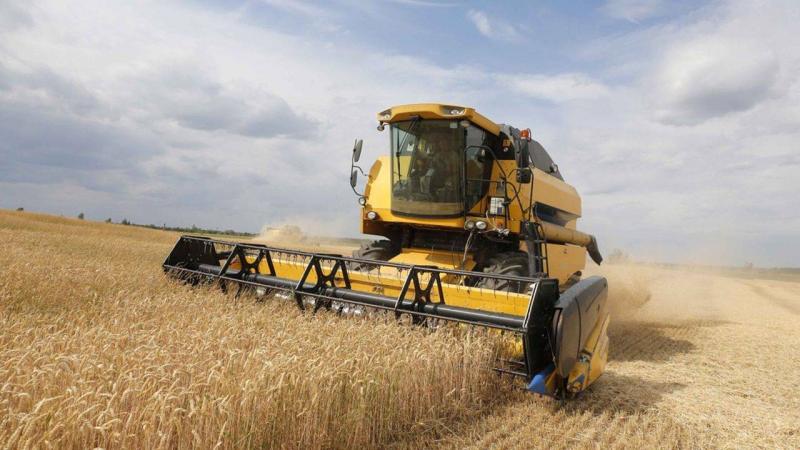The Russian newspaper "Izvestia" reported on Monday that the Russian envoy to the United Nations in Geneva, Gennady Gatilov, stated that there is no reason to maintain the "status quo" of the grain export agreement via Black Sea ports, which expires on July 18.
Gatilov mentioned in an interview with the newspaper, "The conditions that Russia demanded for extending the agreement are blocked." These conditions included, among other things, reconnecting the Russian agricultural bank to the SWIFT payment system.
He added that "Russia has extended the agreement several times in hopes of positive changes, but what we see now does not give us reasons to agree to maintain the status quo."
In this context, the "Financial Times" reported on Monday that the European Union is considering a proposal for the Russian agricultural bank to create a subsidiary that would allow it to reconnect to the global financial network as a way to appease Moscow.
The newspaper indicated that "given the bank is under sanctions, this move aims to protect the grain export agreement via Black Sea ports, allowing Ukraine to export food to global markets."
This step follows Russia's statement last week that it sees no reason to extend the grain export agreement beyond July 17, as the West has behaved "shamefully" towards the agreement, although it assured poorer countries that Russian grain exports will continue.
The newspaper quoted informed sources stating that "Moscow's plan proposed during UN-mediated talks will allow the bank's subsidiary to process payments related to grain exports."
It further added: "The new unit will be allowed to use the global SWIFT financial messaging system, which has been closed to major Russian banks since the invasion of Ukraine last year."
Russia and Ukraine are among the largest agricultural producers in the world and are major players in the grain and oilseed markets. Russia also dominates the fertilizers market.




